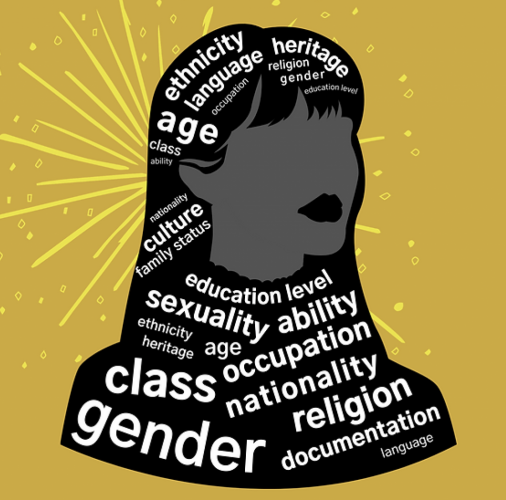Digital Pedagogies Open Studio’: disruptions, interventions and techno-empathy, Lee. Campbell,
- Technoparticipation
- Creative Disruption – Disruption forces one to find an orientation.
- Maggi Savin-Baden (2007), suggests that interruptions can provoke self-reflection and deep critical thinking
- Getting out of habit = away from automation = new ways of thinking
- The creative act, by connecting previously unrelated dimensions of experience, enables him to attain to a higher level of mental evolution. It is an act of liberation – the defeat of habit. (Koestler, 1970, p. 9)
DPOS – Digital Pedagogies Open Studio
- online space for staff and students, guest speakers sharing experiences
- guests contribute to questions during a conversation – aim to start and sustain discussion about online knowledge exchange
- explore how technology can be “used as both the form and content for being creatively disruptive.” (pg 9 line1)
- “We have a responsibility to pause, be critical and approach the online environment though a questioning way” pg9 line 5
- performative events = tutorials, seminars, workshops & other education formats = opportunity to develop autonomous learning and self-reflection (DPOS encouraging this whilst being critical of it)
- Sees value in tech disruptions/ glitches – materiality of the digital space (example ‘technological uncanny’ = attempting to look at each other at same time) Acknowledgement of digital form informing learning exchange / connections
- what is altered, compromised, enhanced through digital display?(painting, sculpture, performance art) “How can the digital positively disrupt our ways of thinking around presence, encounter and engagement?”
- ‘We are connected now but at the same time we are geographically in different spaces. We may feel more connected to students because of the intimacy. Or is there a disconnection? Those two things happening at the same time – multiple things happening in this liminal space – is it amplifying or is it restricting?’ – Natasha Sabatini
- (teaching) practices are fluid, responsive to contingent and changing conditions – through reflection of changes and mediation on the experience “we open up potentially newways of thinking about physicality, affect and presence”
TechnoEmpathy
- how is empathy and community built when we work/ live online?
- students and staff empathized with each other during the move to online teaching (tech difficulties on both end, total change to ways of teaching and learn, limited access to equipment/ traditional fabrication methods) = “collective technoempathy”
Seeing and being seen
- Lee’s work – queer (in)visibility – using zoom and green screen as a tool
- not being in a group, but looking at a group (breakout rooms)
- being looked at and conscientious of being looked at – camera and screen bring focus to being perceived, viewed, unmet gaze – not able to look anyone in the eye (distraction and interruption to learning?)
Conclusion
- students like/ find it more comfortable to engage through chat, no camera (I personally find this difficult to connect/ check in with students/ measure room – can be quite lonely working as a tutor if no students interact with you, uncertain, demoralising, faceless)
- online experience builds community and vunerablilty
- No longer hostage to the online platform but an agent Imagining beyond its constraints
